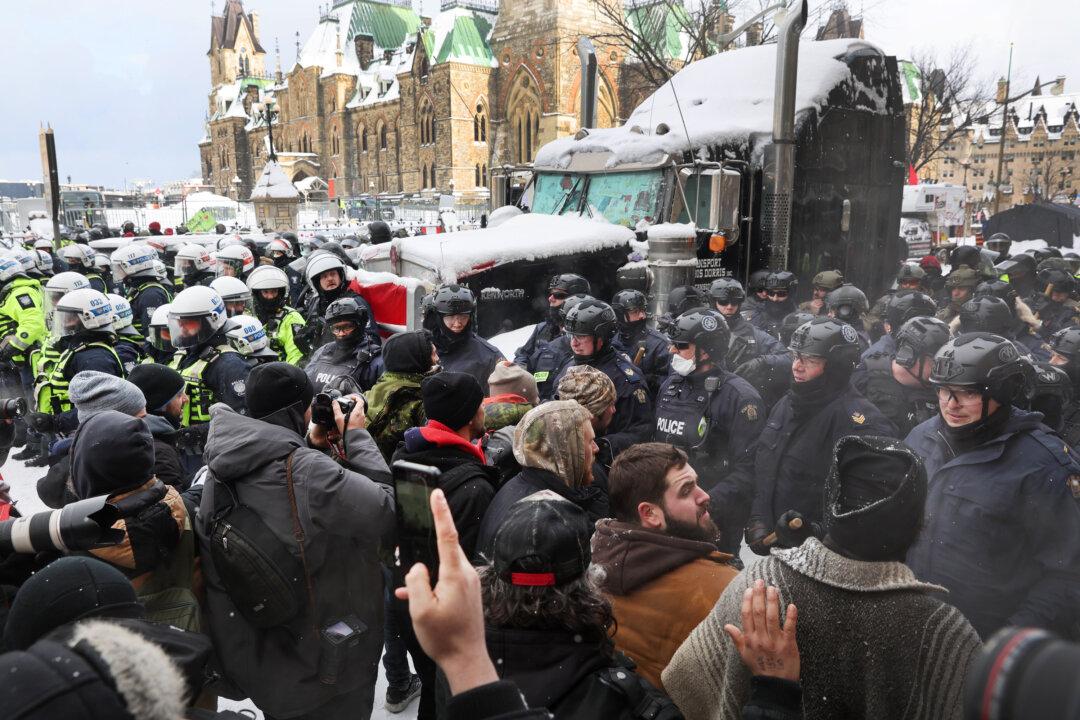Lawyers representing the governments of Saskatchewan and Alberta in the public inquiry into the federal government’s recent use of the Emergencies Act say the provinces were only told of Ottawa’s intention in the morning of the day the act was invoked.
“Feb. 14 was a very significant day from the government of Saskatchewan’s perspective,” Michael Morris, a lawyer representing the government of Saskatchewan, told the Public Order Emergency Commission on its opening day on Oct. 13.





